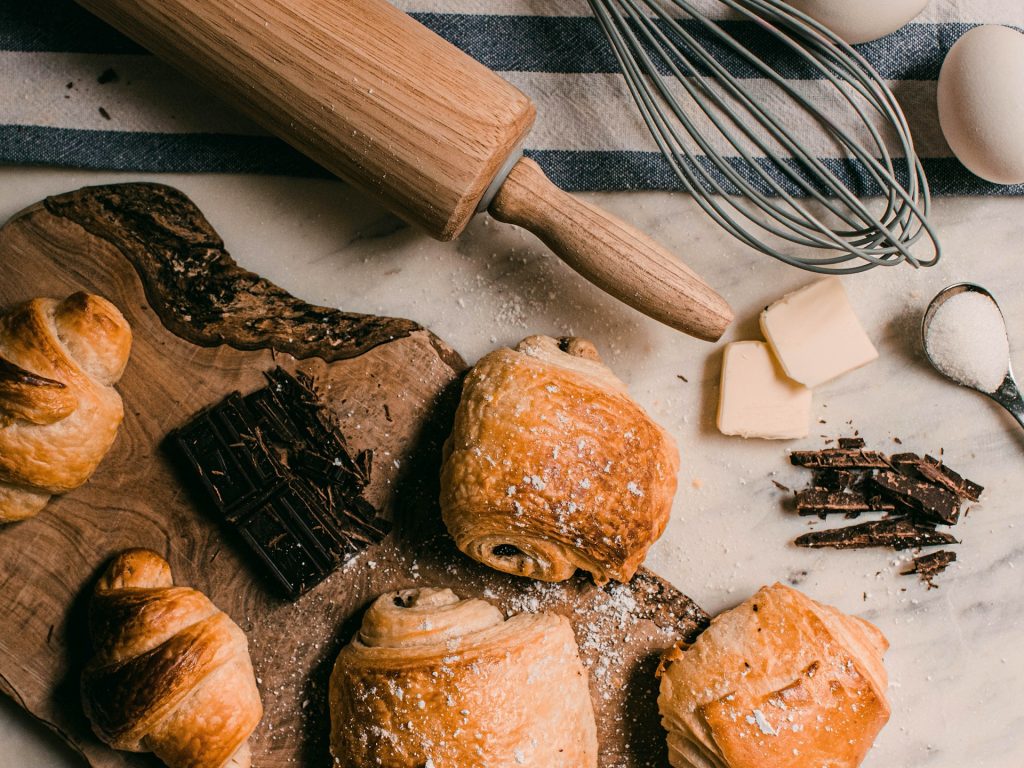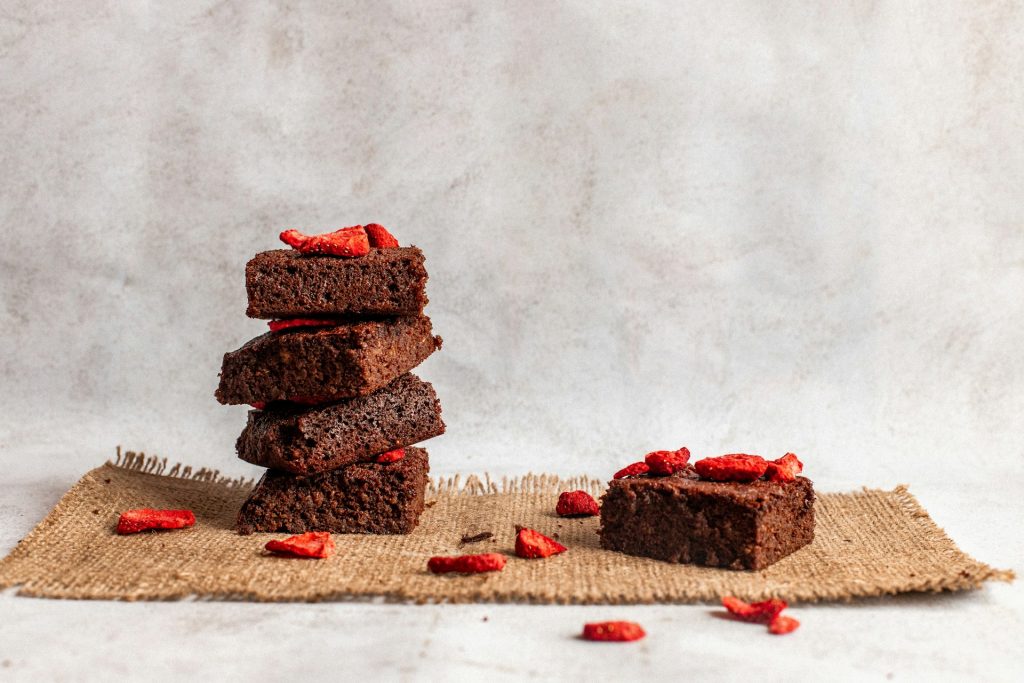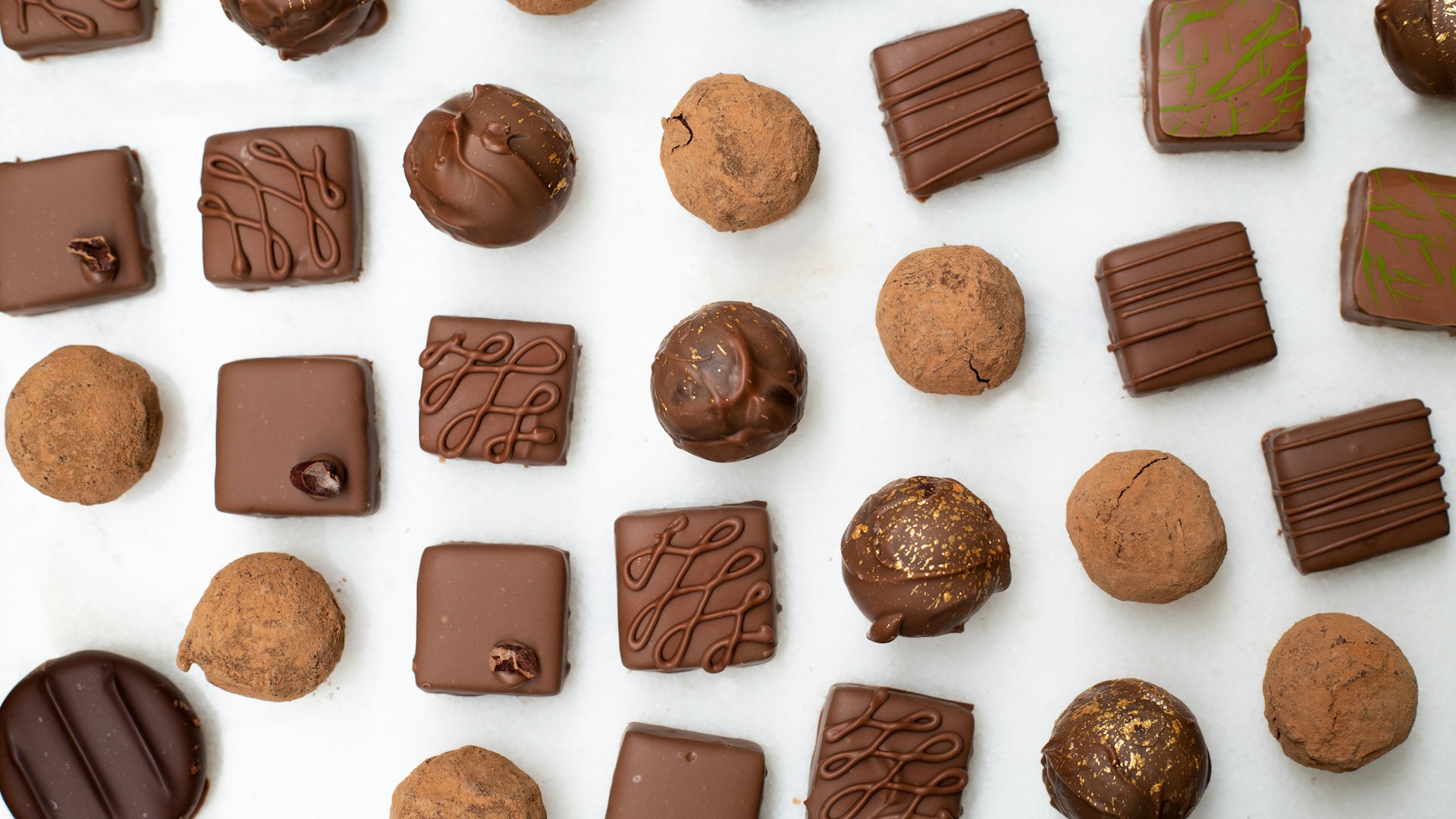Chocolate isn’t just a dessert—it’s a full-on experience. And while it gets a bad rap for being indulgent, the truth is: real chocolate (the dark, quality kind) is surprisingly good for you.
Whether you’re a square-a-day person or the type who eats it straight from the freezer, here’s why chocolate deserves a permanent spot in your life—and how to choose the kind that actually boosts your wellness game.

It’s packed with antioxidants
Dark chocolate is rich in flavonoids, powerful plant compounds that help protect your cells from oxidative stress. These antioxidants are linked to reduced inflammation and may even support heart health.
It supports your mood (and brain)
Chocolate contains compounds like theobromine and phenylethylamine, which may enhance mood and promote feelings of happiness. It can even trigger the release of serotonin and endorphins—the brain’s feel-good chemicals.
It may benefit your heart
Studies have shown that moderate dark chocolate consumption is linked to lower blood pressure, improved blood flow, and reduced risk of heart disease. The flavanols help relax blood vessels and improve circulation.
It’s brain-friendly, too
Some research suggests that the flavonoids in dark chocolate may enhance brain function, especially memory and focus. A little pre-work snack? Don’t mind if we do.

It’s rich in magnesium
Chocolate—especially the darker kind—is a good source of magnesium, a mineral that supports muscle function, sleep quality, and stress regulation.
Choosing the right chocolate matters
Not all chocolate is created equal. The benefits are mostly found in dark chocolate with at least 70% cocoa. The higher the percentage, the more antioxidants and the less sugar you’re getting.
Look for:
- 70% or higher cocoa content
- Minimal added sugars or sweeteners
- Fair trade or ethically sourced beans, if possible
- Short, simple ingredient lists (think: cocoa mass, cocoa butter, vanilla)
Fun ways to enjoy chocolate without overdoing it:
- A square of dark chocolate with your afternoon coffee
- Melted dark chocolate drizzled over berries or banana slices
- Chocolate bark with nuts, seeds, and dried fruit
- Homemade hot cocoa with unsweetened cacao powder and oat milk
- Protein balls or energy bites with cocoa powder and dates
And yes, a piece of chocolate after dinner totally counts as self-care.
A quick note on milk chocolate and white chocolate:
While delicious, milk chocolate has more sugar and less cocoa—meaning fewer health benefits. White chocolate contains no cocoa solids at all, so it doesn’t offer the same antioxidant perks. But hey, life’s about balance, and there’s room for a little of everything.
So go ahead—enjoy the chocolate. Just choose the kind that loves you back.



